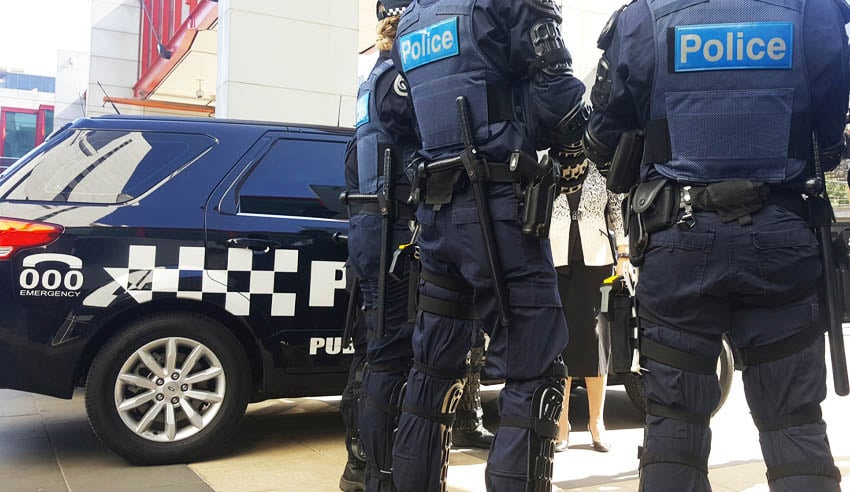In the late 1990s and early 2000s, it was almost too easy for Victoria Police to register an informant with legal obligations – now, after a royal commission and some public scrutiny, the police force has strengthened the policies around registering a lawyer for information.

The Royal Commission into the Management of Police Informants (RCMPI) has held day one of hearings into the policies and procedures on registering and handling an informant with legal obligations after the “fundamental issues” borne from Nicola Gobbo’s role.
“There are things that did happen that should not have happened and everything we have been doing organisationally since 2012 is making changes to our systems and practices to ensure that this does not happen again,” Ms Steendam told the commission.
“The important thing to indicate is it hasn’t happened again since that time period and that it couldn’t in the current changes to the policies and practices.”
Ms Steendam said the work has been drafted and re-drafted since 2012 with the most up-to-date report distributed this month. There is now clarification around the terminology on human sources and officers will not be able to register a source without requirements.
The manual also now sets out some scenarios and listed a high-risk category of sources with legal obligations, including lawyers, doctors and journalists. People who might have fallen into this category but no longer work are still in this group, as are people who might happen upon information because they are a partner or they clean a legal office.
A potential source cannot be approached without the approval of the human source ethics committee and there is an escalation point for sources with legal obligations.
As for the complication around defining what is and is not privileged information from the source, Ms Steendam clarified that human sources will be breaching their confidentiality “because they are providing information that has been provided to them in confidence”.
“There is explicit articulation in our training about those and it is a general understanding and concept that is known throughout Victoria Police,” Ms Steendam clarified.
“Confidentiality and legal professional privilege is clearly an area that will be a focus. They would be time-limited and for specific purpose[s] and they would also be talking to individuals if they are approved. For any engagement they had with [a] handler, they are not able to derive any information that is subject to confidentiality or legal professional privilege.”
Much of the report was derived from Australia-based and UK-based evidence. However, counsel assisting Andrew Woods pointed out that where the UK has an independent and legal adviser on the committee, Victoria currently does not in its newest policy.
He added he knows independent advisers are successful in Victoria Police management of human sources, as it was an external lawyer who gave the force advice during the trial and prosecution of Paul Dale, which itself “was a problematic situation”.
“It’s clear from what we have seen that those external eyes were incredibly important for bringing this situation out when it eventually came out, and a realisation within the force that there was a significant problem,” Mr Woods posed to Ms Steendam.
In terms of leadership improvements at the force, which have been highlighted as a critical issue during the royal commission, Ms Steendam said she can give “absolute confidence” that there is now a significant focus on ethical leadership by executive command.
“The systems and controls in place I’m confident will prevent [the Lawyer X situation] from happening again. In terms of our individuals, that is about our ethical leadership and our framework and there is accountability under our act to hold individuals accountable,” she said.
“I’m confident in the work we have been doing and the culture we have been building.”
